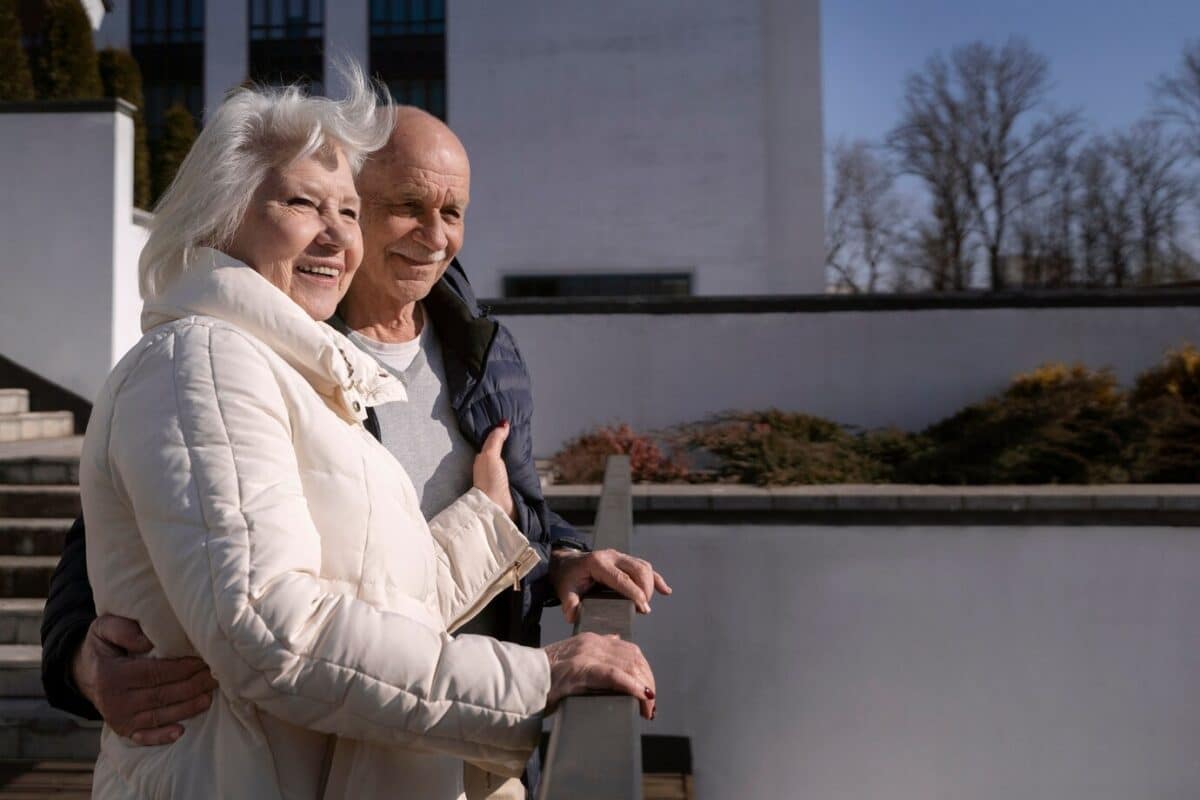Does Depression Cause Memory Loss: Link Between Depression & Memory Loss
Have you ever wondered if does depression cause memory loss? You’re not alone. Research suggests that depression can indeed impact your memory, making it difficult to focus, make decisions, or think clearly. Studies have shown that people with depression may experience short-term memory loss, which can be distressing and affect daily life. But what’s the connection between depression and memory loss, and how can you manage it? In this article, we’ll research the link between depression and memory loss, exploring the causes, diagnosis, and management of this complex issue. Depression and Memory Loss: What is the Connection? As we navigate the complexities of depression and memory loss, you’ll gain a deeper understanding of how to take control of your mental health and improve your overall well-being.
What the Research Says
Your quest for answers about the link between depression and memory loss leads you to research, where scientists have been studying this complex relationship for years.
The Correlation Between Depression and Memory Loss
On a fundamental level, research suggests that depression can indeed impact memory. Studies have shown that people with depression often struggle with short-term memory loss, which can make everyday tasks more challenging.
Studies on the Impact of Depression on Cognitive Function
With a closer look at the research, you’ll find that studies have consistently demonstrated a correlation between depression and cognitive impairment, including memory loss.
Studies have shown that depression can affect the brain’s ability to process and store information, leading to difficulties with memory, attention, and decision-making. For example, a 2013 study found that individuals with depression had trouble identifying objects on a screen that were identical or similar to an object they had seen previously, suggesting that depression can diminish memory. Similarly, a 2015 study concluded that depression may cause short-term memory loss. These findings highlight the importance of addressing depression as a potential underlying cause of memory problems.
Other causes of memory loss
While depression can undoubtedly contribute to memory loss, it’s not the only factor at play. There are several other reasons why you may be experiencing memory problems. As noted in a study on depression and memory loss, understanding these underlying causes is crucial in developing an effective treatment plan.
Medical conditions that affect memory
Loss of memory can be a symptom of various medical conditions, including Alzheimer’s disease, mild cognitive impairment, and brain tumors or infections. Additionally, certain medications, vitamin B-12 deficiency, hypothyroidism, and brain or nerve damage caused by diseases such as Parkinson’s disease or multiple sclerosis can also affect memory.

Medical conditions that affect memory
Lifestyle factors contributing to memory loss.
That said, lifestyle factors can also significantly affect memory loss. Some common culprits include:
- A lack of physical activity
- Poor sleep quality
- Excessive alcohol consumption
- Smoking
- A diet high in processed foods and sugar
- Chronic stress
This is not an exhaustive list, and you should consult with a healthcare professional to determine the underlying causes of your memory loss.
Conditions such as depression, anxiety, and sleep disorders can also contribute to memory problems. Furthermore, certain medications, including those used to treat depression, can impair memory and cognitive function. Working with your healthcare provider to identify the root cause of your memory loss and develop a personalized treatment plan is crucial.
At Westmont of Brentwood, we understand the complexities of depression and memory loss. Our team of experts is dedicated to providing comprehensive care and support to help you manage your symptoms and improve your overall well-being. Contact us today at 925-516-8006 to learn more about our services and how we can help you.
Diagnosing Memory Loss
Little do people know that diagnosing memory loss is a crucial step in understanding the link between depression and memory loss. If you’re experiencing memory problems, it’s vital to consult with your doctor to determine the underlying cause. According to Is Memory Loss a Sign of Depression? memory loss can be a symptom of depression, and identifying the root cause is vital for effective treatment.
Identifying Symptoms of Memory Loss
For instance, if you’re having trouble remembering recent events, learning new information, or recalling familiar words and names, these could be signs of memory loss. Your doctor will ask you questions about your symptoms, medical history, and lifestyle to help identify the underlying cause of your memory problems.
Diagnostic Tests for Memory Impairment
Identifying the cause of memory loss requires a comprehensive diagnostic approach. Your doctor may perform a physical exam, review your medical history, and conduct a series of tests to rule out other potential causes of memory loss.
It’s crucial to note that diagnosing memory loss due to depression can be challenging, as the symptoms can be similar to those of other conditions, such as Alzheimer’s disease or dementia. Therefore, your doctor may conduct various tests, including blood tests, imaging tests (MRI or CT scans), and cognitive function tests, to determine the underlying cause of your memory problems. Additionally, they may refer you to a specialist, such as a neurologist or psychiatrist, for further evaluation and diagnosis.

Diagnostic Tests for Memory Impairment
How to Manage Memory Loss
Once again, managing memory loss due to depression requires a multifaceted approach. While antidepressants and therapy can help alleviate symptoms of depression, there are additional strategies you can employ to improve your memory.
Coping Strategies for Individuals with Depression
Any effective coping strategy for managing memory loss starts with acknowledging the emotional toll of depression. By recognizing your emotional state, you can develop coping mechanisms that work for you. This might include journaling, meditation, or simply relaxing and recharging.
Memory Improvement Techniques
Any memory improvement technique should be tailored to your specific needs and abilities. For example, if you struggle with short-term memory loss, you might use memory aids like Post-it notes or a planner to stay organized.
Manage your daily routine by breaking down larger tasks into smaller, more manageable chunks. This can help reduce overwhelming feelings and make it easier to focus on the task. Additionally, engage in activities challenging your brain, such as puzzles, games, or learning a new skill. These activities can help build cognitive reserve and improve overall brain function.
To wrap up
Considering all points, it’s clear that depression can indeed cause memory loss, particularly short-term memory loss. While it’s not the only factor contributing to memory problems, it’s important to address depression as part of a comprehensive approach to managing memory loss. By understanding the link between depression and memory loss, you can take proactive steps to prioritize your mental health and seek professional help when needed. If you’re struggling with depression and memory loss, don’t hesitate to reach out to a trusted healthcare provider, such as Westmont of Brentwood, located in Brentwood, CA, and reachable at 925-516-8006. Do not forget that seeking help is the first step towards regaining control over your mental health and improving your memory.



























